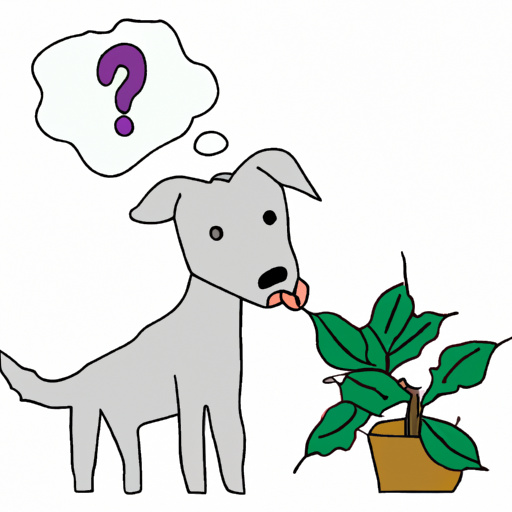1. Introduction
You love your dog, and it’s not hard to see why. They’re loyal, playful, and always there when you need them most. But have you ever wondered why your canine companion sometimes seems more interested in munching on your garden than their kibble? This behavior, known as pica, can be puzzling for many pet owners. Let’s delve into the reasons why dogs eat plants.
2. Nutritional Needs
Sometimes, your dog’s plant-eating behavior may stem from their nutritional needs. Although dogs are primarily meat-eaters, they also require a certain amount of plant matter in their diet. Dogs might turn to plants when they’re not getting enough of certain nutrients from their regular food.
For instance:
- Fiber: Dogs might eat grass to increase their fiber intake, aiding digestion.
- Vitamins and Minerals: Plants can provide essential vitamins and minerals that may be missing from a dog’s diet.
3. Behavioural Reasons
At times, your dog’s plant-eating behavior might not be about nutrition, but instead linked to their behavior or emotions. Let’s consider some common behavioral reasons:
- Boredom: Dogs may resort to eating plants when they’re bored and have nothing else to do.
- Anxiety: Eating plants can also be a sign of anxiety or stress in dogs.
- Attention: If they notice that eating plants gets your attention, they might continue doing it.
4. Health Concerns
While plant-eating is common in dogs, excessive plant eating can be a sign of underlying health issues. Here are a few potential concerns:
- Gastrointestinal Issues: Dogs may eat plants to induce vomiting, especially if they’re feeling unwell.
- Parasites: A heavy parasite load can lead to an increased appetite and unusual eating habits.
| Health Issue | Symptoms besides plant eating | Action |
|---|---|---|
| Gastrointestinal issues | Lethargy, decreased appetite, vomiting | Contact your vet |
| Parasites | Weight loss, increased appetite, diarrhea | Contact your vet |
5. How to Discourage Plant Eating
Ensuring that your dog is eating a balanced, nutritious diet is the first step to discourage plant eating. Here are some other strategies:
- Provide plenty of mental and physical stimulation to prevent boredom.
- If you suspect anxiety, consider seeking advice from a professional behaviorist.
- Keep toxic plants out of your dog’s reach.
FAQ
Q: My dog is eating plants, should I be worried?
A: Occasional plant eating is normal. However, if it becomes excessive or your dog shows signs of illness, consult your vet.
Q: Are any plants harmful to dogs?
A: Yes, some plants like lilies, azaleas, and oleander are toxic to dogs.
Q: How can I stop my dog from eating plants?
A: Provide mental stimulation, ensure a balanced diet, and keep toxic plants out of reach. If the behavior persists, consult a vet or behaviorist.
Remember, you’re not only a pet owner but a caregiver. Understanding the reasons behind your dog’s plant-eating habits can help you provide better care and keep your furry friend happy and healthy.



